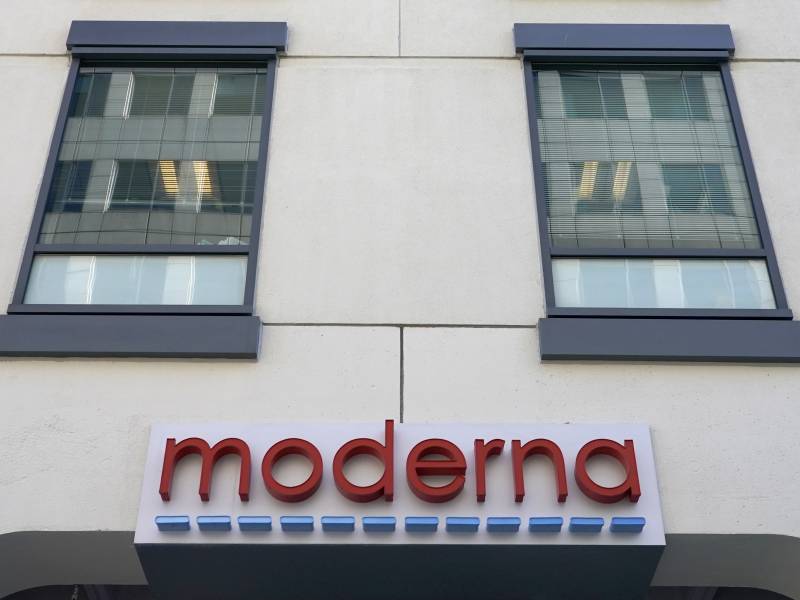Amid the flurry surrounding the Pfizer vaccine’s rollout, Moderna’s alternative was making steady headway in its own push toward authorization. The FDA released a glowing analysis of the vaccine on Tuesday, finding “no specific safety concerns.” On Thursday, an outside panel of health care experts from across the U.S. unanimously recommended the vaccine with one abstention.
“The question that’s being asked us is, ‘Do we have enough evidence in hand to say that the benefits of this vaccine outweigh what at the moment, as far as severe safety issues go, are theoretical risks?'” Dr. Paul Offit, panel member and vaccine researcher at the Children’s Hospital of Philadelphia, said during the hourslong recorded meeting.
“I think the answer to that question is clearly yes. I mean, the question is never ‘When do you know everything?’ It’s ‘When do you know enough?'”
Offit’s point also gets at a crucial challenge faced by the federal regulators who have been tasked with evaluating these vaccines more quickly than they normally would. In an effort to expedite the process, the FDA — and other health regulators around the world — have loosened their usual approval procedures and adopted a more urgent mechanism known as emergency use authorization.
Moderna said it that it will deliver about 20 million doses by the end of December under its federal supply contract.
Now, attentions are turning to the Moderna vaccine’s distribution. Like the Pfizer vaccine, the Moderna product uses messenger RNA technology — which, in the FDA’s words, teaches the body’s cells “how to make a protein — or even just a piece of a protein — that triggers an immune response inside our bodies.”
“That immune response, which produces antibodies, is what protects us from getting infected if the real virus enters our bodies,” the agency says.
Unlike the Pfizer vaccine, though, Moderna’s product does not need to be stored at extremely low temperatures, potentially making it accessible for more communities. Balanced against that is the fact that the smaller biotech firm, in contrast with the pharmaceutical giant Pfizer, may face some steeper challenges meeting the extraordinary demand for inoculations.
But Dr. Anthony Fauci says he is hopeful that initial distribution will happen quickly.
“I would anticipate that we likely will see shots in the arm by the very early part of next week,” the director of the National Institute of Allergy and Infectious Diseases told NBC’s “Today” show on Friday in advance of the FDA’s authorization. “I would hope Monday or Tuesday.”
Fauci’s institute was instrumental in the development of the Moderna vaccine — from some of the basic science to bankrolling clinical testing. In August, the institute told NPR its contributions to the studies of the Moderna vaccine would cost taxpayers more than $400 million.
Operation Warp Speed, the crash federal project for vaccine development, poured in $955 million to support development of the Moderna vaccine, including the expanded phase 3 study that provided the data that made possible the emergency use authorization.
Copyright 2020 NPR. To see more, visit https://www.npr.org.
9(MDAxOTAwOTE4MDEyMTkxMDAzNjczZDljZA004))

9(MDAxOTAwOTE4MDEyMTkxMDAzNjczZDljZA004))
